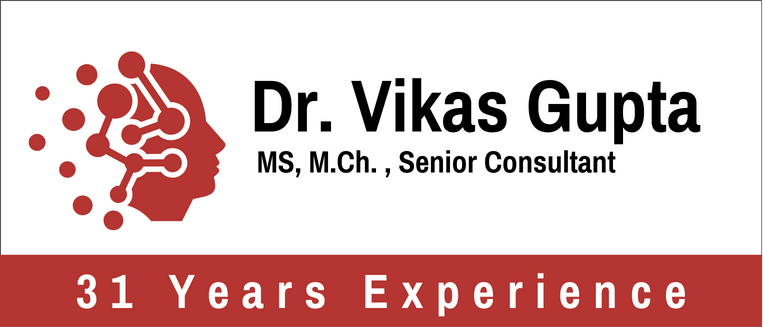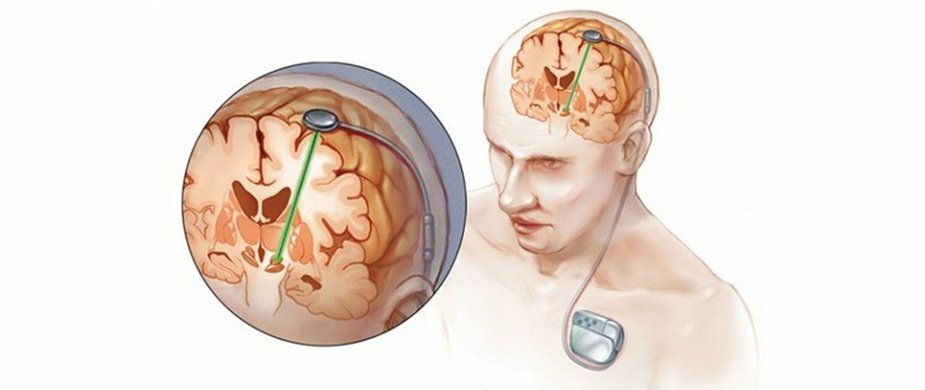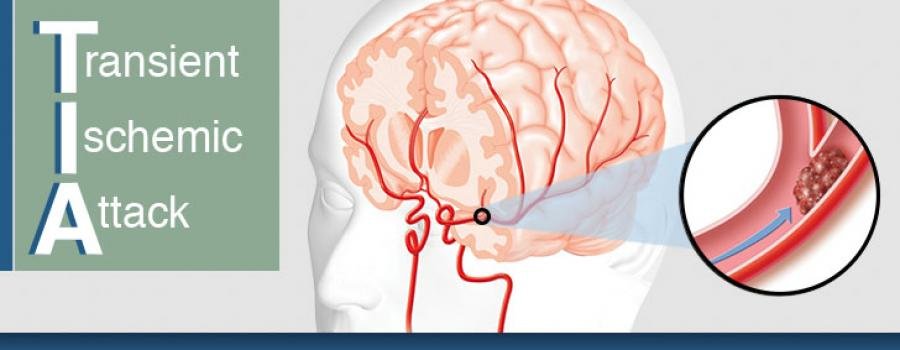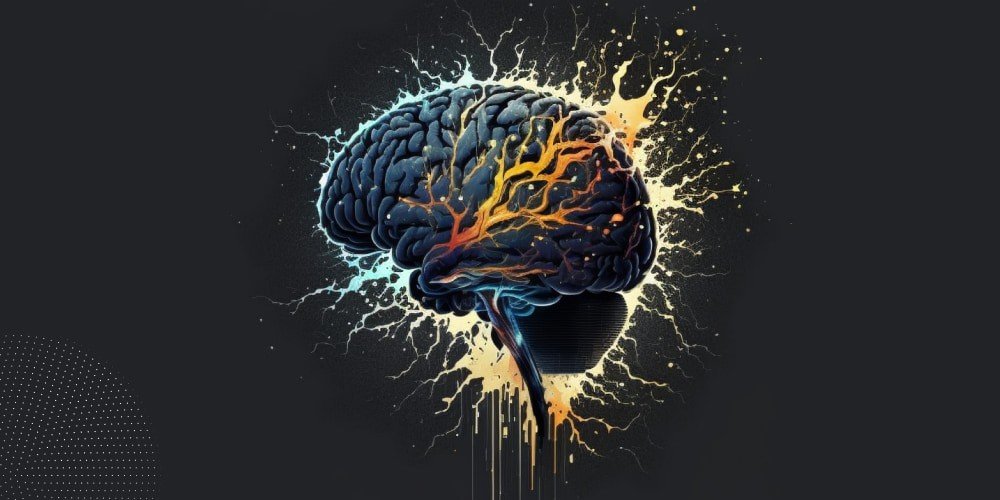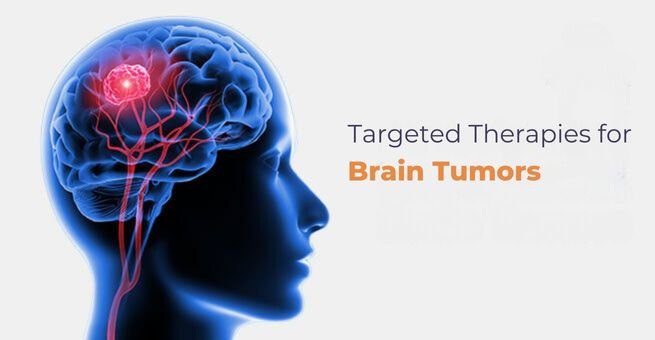Headaches are among the most common health complaints, affecting nearly 50% of the adult population globally each year, as reported by the World Health Organization. They can range from mild, occasional discomfort to severe, chronic pain that significantly impacts daily life. While most headaches are benign and manageable with over-the-counter medications or lifestyle adjustments, some may indicate more serious neurological conditions that require medical attention.
Understanding the connection between headaches and brain health is essential for identifying when a headache might be more than just a temporary nuisance. For instance, persistent headaches could be symptomatic of conditions such as migraines, tension-type headaches, or cluster headaches. In some cases, they may even be early indicators of neurological disorders like brain tumors, aneurysms, or meningitis.
This blog explores various aspects of headaches, their neurological connections, and actionable insights to manage them effectively.
What Are the Different Types of Headaches?
Headaches come in various forms, and identifying the type can be the first step toward effective treatment.
- Tension Headaches: These are the most common and are often described as a dull, squeezing pain around the head.
- Migraines: Characterized by intense, throbbing pain, oten accompanied by nausea, sensitivity to light and sound, and visual disturbances.
- Cluster Headaches: These are less common but extremely severe, typically occurring in cyclical patterns or “clusters,” often around one eye.
As Dr. Vikas Gupta, a renowned neurologist, explains: “Understanding the type of headache is key to determining the right treatment approach. A persistent or unusual headache pattern should never be ignored.”
Could Your Headache Be a Sign of a Brain Disorder?
While most headaches are harmless, some could indicate serious neurological issues, such as:
- Brain Tumors: Persistent headaches, especially with symptoms like vision changes or vomiting, can be a warning sign.
- Meningitis: A severe headache, fever, and neck stiffness may indicate an infection of the brain’s protective membranes.
- Stroke: Sudden, severe headaches accompanied by weakness, confusion, or difficulty speaking warrant immediate medical attention.
Sharing her experience, Meera, a 36-year-old patient of Dr. Vikas Gupta, says: “I’d been experiencing daily headaches and dismissed them as stress-related. But after an MRI revealed a benign tumour, the early intervention made all the difference.”
How Do Nerves Affect Headaches?
Nerves play a pivotal role in the onset of headaches. Specific nerves, like the trigeminal nerve, are often involved in migraine and cluster headaches. When these nerves are irritated or inflamed, they can trigger pain signals that manifest as headaches. Neurological conditions such as neuropathy or nerve compression can exacerbate these symptoms.
What Are the Neurological Symptoms of a Headache?
Certain symptoms accompanying headaches can indicate neurological involvement:
- Weakness or numbness in limbs
- Blurred or double vision
- Difficulty speaking or confusion
- Loss of balance or dizziness
- Seizures
When Should You Worry About a Headache?
Seek immediate medical attention if your headache:
- Is the worst you’ve ever experienced (thunderclap headache)
- Comes on suddenly and is severe
- Is accompanied by fever, neck stiffness, or rash
- Follows a head injury
- Occurs with neurological symptoms like confusion or seizures
What Causes Headaches Every Day?
Chronic daily headaches can result from the following:
- Medication overuse (rebound headaches)
- Stress or anxiety
- Sleep disorders
- Chronic conditions like sinusitis or hypertension
If you’re experiencing headaches daily, consulting a specialist is essential to identify the root cause.
How Much Does It Cost to Treat Neurological Headaches?
The cost of treating headaches can vary depending on the severity and underlying cause:
- Consultations: Neurologist visits can range from 8,000 to 24,000 INR (100 to 300 USD) per session.
- Diagnostic Tests: MRI or CT scans can cost between 32,000 and 160,000 INR (400 to 2,000 USD).
- Medications: Migraine-specific drugs may cost 4,000 to 24,000 INR (50 to 300 USD) monthly.
- Therapies: Cognitive-behavioral therapy or biofeedback ranges from 4,000 to 12,000 INR (50 to 150 USD) per session.
- Takeaway: When in Doubt, Seek Help
Though common, headaches should not be overlooked, especially when they disrupt daily life or present with alarming symptoms. Early diagnosis and appropriate treatment can prevent complications and improve outcomes.
Raj, a 42-year-old software engineer, ignored his worsening headaches until he sought Dr. Vikas Gupta’s advice. An MRI revealed a benign brain aneurysm. “I’m grateful for Dr. Gupta’s swift diagnosis, it made all the difference,” Raj says after a successful procedure.
If you have persistent headaches, consult a healthcare provider to explore potential neurological causes and treatment options.
FAQs
1. Can stress-related headaches develop into neurological disorders?
Chronic stress can worsen headaches and may signal underlying neurological issues needing attention.
2. Are there lifestyle changes that can help manage headaches linked to neurological disorders?
Yes, regular sleep, hydration, stress management, and avoiding triggers can help manage headaches.
3. How are headaches diagnosed in the context of neurological disorders?
Diagnosis involves a medical history, physical exam, and possibly imaging like MRI or CT scans.
4. What role does diet play in managing neurological headaches?
Avoiding trigger foods and maintaining balanced meals can help prevent and manage headaches.
5. Are there non-medical therapies effective for neurological headaches?
Therapies like acupuncture, biofeedback, and cognitive-behavioural therapy can reduce headache frequency.
Explore more blogs: Role of Neuro Intervention in Neurological Care
Brain tumours, characterised by abnormal growths within the brain, present a complex challenge in medical treatment. Advances in targeted therapies have significantly improved the management of these tumours, offering new hope for patients. This blog explores the latest advancements in targeted therapies for brain tumours, addressing common symptoms and costs associated with these treatments.
Brain tumours are abnormal growths of cells within the brain or surrounding tissues. They can be benign (non-cancerous) or malignant (cancerous). Tumours can originate in the brain (primary brain tumours) or spread from other parts of the body (secondary or metastatic brain tumours).
What Are Brain Tumour Symptoms?
Symptoms and severity depend on the tumour’s type, size, location, and growth rate, and they can impact brain function by pressing on or invading surrounding areas. Understanding the symptoms of brain tumours is crucial for early detection and effective treatment. Common symptoms include:
- Headaches: Persistent or worsening headaches that may be more intense in the morning.
- Nausea and Vomiting: Frequent nausea or vomiting, particularly if it occurs in the morning.
- Seizures: New-onset seizures or convulsions can be a sign of a brain tumour.
- Vision or Hearing Changes: Blurred vision, double vision, or hearing loss.
- Cognitive or Behavioral Changes: Memory problems, confusion, or personality changes.
- Weakness or Numbness: Difficulty moving parts of the body or experiencing numbness in limbs.
- Balance and Coordination Problems: Difficulty walking, balance, or coordination.
“Recognizing the early signs of a brain tumour is vital,” says Dr. Vikas Gupta. “Prompt diagnosis and targeted treatment can greatly improve patient outcomes and quality of life.”
How Do Targeted Therapies Work for Brain Tumours?
Targeted therapies aim to specifically attack cancer cells while minimising damage to surrounding healthy tissue. Recent advancements include:
- Molecular Targeted Drugs: New drugs focus on specific genetic mutations and pathways involved in brain tumour growth. For instance, drugs targeting the EGFR (epidermal growth factor receptor) mutation have shown promise in treating glioblastomas.
- Monoclonal Antibodies: These are engineered to bind to cancer cells, marking them for destruction by the immune system. Drugs like bevacizumab, which targets blood vessel growth in tumours, are examples.
- Immune Checkpoint Inhibitors: These therapies help the immune system recognise and attack brain tumour cells more effectively.
- Personalised Vaccines: Custom vaccines designed to stimulate the body’s immune response against specific tumour antigens are an exciting area of research.
Patients who have undergone these treatments have shared encouraging feedback. One patient, Anita, shared, “I never thought I’d feel hopeful again after my diagnosis. But the new targeted therapies, specially tailored for my condition, have made a world of difference.”
What are the Newest Technologies in Targeted Therapy for Brain Tumours?
Recent technological advancements enhancing targeted therapies include:
- Next-Generation Sequencing (NGS): NGS allows for comprehensive genetic profiling of tumours, identifying specific mutations and guiding personalised treatment plans.
- Tumour-Tracking Technologies: Advanced imaging and tracking methods help monitor the effectiveness of targeted therapies in real time.
- Biomarker Discovery: Research into biomarkers helps in predicting treatment response and tailoring therapies to individual patients.
“The integration of new technologies such as Next-Generation Sequencing and tumour-tracking has revolutionised the way we approach brain tumours,” Dr. Gupta explains. “These innovations allow for highly personalised treatment plans that are more effective and less harmful than traditional methods.
How Effective Are These New Treatments?
The effectiveness of targeted therapies varies based on the tumour type, genetic profile, and overall patient health. Recent studies have shown improved survival rates and quality of life for patients with targeted therapies compared to traditional treatments. However, ongoing research and clinical trials continue to refine these approaches.
What Is the Cost of Targeted Therapies for Brain Tumours in India?
In India, the cost of targeted therapies for brain tumours varies based on several factors. The type of therapy significantly impacts the price, with molecular drugs, monoclonal antibodies, and immunotherapies ranging from ₹1,00,000 to ₹5,00,000 per year. The duration of treatment also affects the overall expense, as longer and more frequent treatments can lead to higher costs.
Additionally, the healthcare setting plays a role; treatment costs may differ between private hospitals and public facilities. Insurance coverage further influences out-of-pocket expenses, with some plans covering a substantial portion of the costs. Patients must discuss financial aspects with their healthcare providers and insurance companies to understand potential costs and explore available financial assistance options.
Conclusion
In conclusion, the field of targeted therapies for brain tumours is rapidly advancing, offering promising new treatments and technologies that significantly enhance patient care. With innovations such as Next-Generation Sequencing, tumour-tracking technologies, and personalised vaccines, patients now have access to more precise and effective treatment options than ever before. These advancements are improving diagnosis, treatment efficacy, and overall patient outcomes while also aiming to reduce side effects and better manage costs.
As research continues to evolve, these therapies are expected to provide even greater benefits. Early detection and personalised treatment plans are crucial for better-managing brain tumours. Patients are encouraged to stay informed about the latest advancements and discuss their treatment options with healthcare professionals to achieve the best possible results.
FAQs
How long does it take to remove a brain tumour?
Generally, the duration of brain tumour surgery typically ranges from 2 to 3 hours, though it can vary depending on the tumour’s size, location, and complexity.
What precautions should be taken after brain tumour surgery?
Rest and avoid straining to prevent increased pressure inside your skull.
What is the most effective treatment for brain tumours?
A combination of surgery, radiation therapy, and chemotherapy is the most effective treatment for brain tumours.
How do doctors choose between radiation therapy and chemotherapy for brain tumours?
Doctors base their decision on factors like the tumor’s sensitivity to treatment, the patient’s age, and potential side effects.
What are the possible long-term effects of brain tumour treatments?
Long-term effects may include cognitive changes, hormonal imbalances, and impacts on motor function.
Explore more blogs: What Are the Benefits and Risks of Brain Tumor Surgery?
